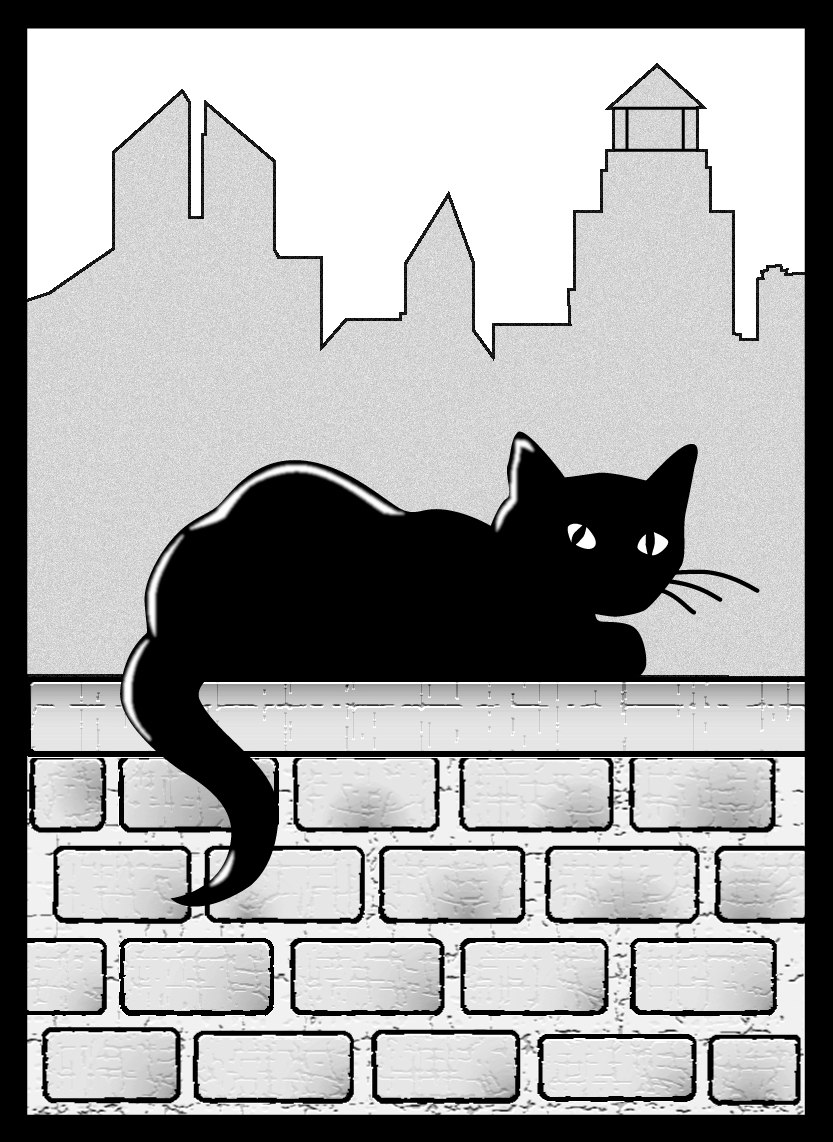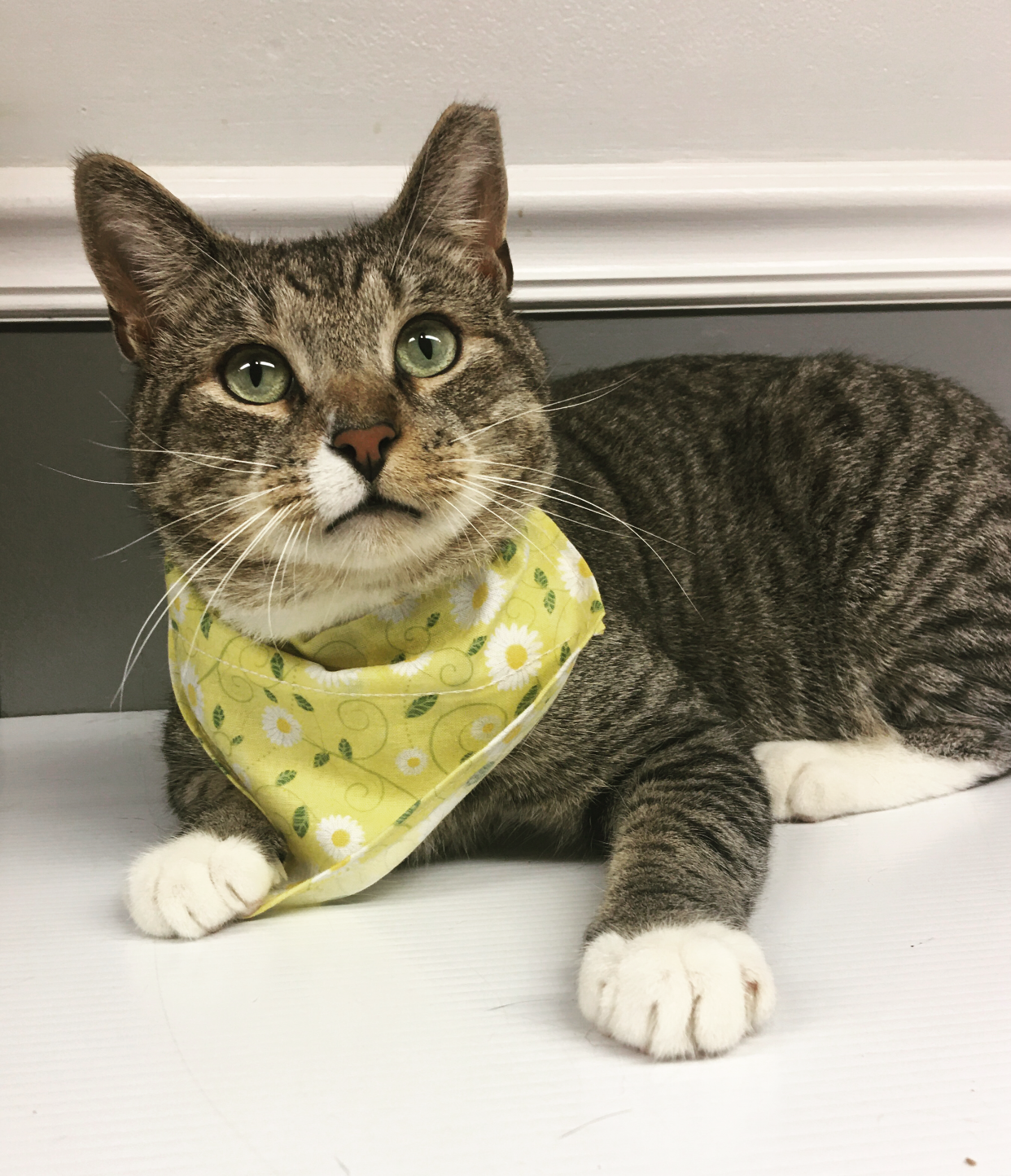The practice and stages of trap/neuter/return
The mission of GNHCP is to seek to end the suffering of stray, abandoned and feral cats through the practice of trap/neuter/return (TNR) and also to educate our community ethically about the importance of animal welfare. The cause of the feral cat population is mostly due to irresponsible pet owners whose unsterilized cats and kittens were permitted to roam or who were abandoned and left to fend for themselves. TNR is recognized as the most effective and humane solution to reducing feral cat populations. It is also the most cost-effective. Our TNR program assists people who are feeding feral cats to ensure the feral cats are vaccinated and spayed/neutered and then returned to their home environment. We also provide pre- and post-operative care for the cats involved.
From 1996-2024 GNHCP assisted 6,023 feral cats.
What is a feral cat?
A feral cat is an offspring of a domestic cat and has lived its life with little or no human contact. A feral cat could have once been someone's pet who has since been abandoned or become lost. As human contact decreases, the cat reverts to an unsocialized state and must learn how to fend for food and shelter. Because they are a domestic species, feral cats are covered under each state’s anti-cruelty laws.
where do feral cats LIVE?
Feral cats often live in parking lots, abandoned buildings or near dumpsters and are sometimes perceived as "wild" or a threat to humans. They form a group which is referred to as a "colony".
WHY is important to TNr feral cat colonies?
Unspayed females live their lives hungry and pregnant, and most of their kittens do not survive. Unneutered males roam to find a female in heat and fight with other unneutered males trying to protect their territory. Sterilizing and vaccinating feral cats prevents the birth of future generations. It is important to return the cats to their home environment (colony) once they are sterilized so unneutered cats looking for mates do not join the colony. Once all of the cats in a colony are sterilized, the colony becomes "managed", no new cats enter or are born, and the cycle of reproduction is broken. TNR improves the lives of feral cats by eliminating nuisance behavior and preventing the birth of unwanted kittens.
TNR is the most humane and effective way to control the feral cat population. It has been used successfully in the United States and abroad and has become the preferred method for control of feral cat populations in forward-thinking countries such as England and Denmark.
A vaccinated and sterilized colony of feral cats:
poses no Rabies threat or public safety hazard to humans
will deter unsterilized cats from moving into the colony
eliminates the potential for mating, fighting, spraying and wandering
improves the overall health and well-being of the cats
maintains the positive aspects of the colony, including rodent control
Need help with a colony or a feral cat on your property?
Please fill out our Feral Cat assistance request form:
We are currently working with 1 veterinarian for feral cats and have limited volunteer availability to respond to TNR requests. At this time, we are focusing our TNR efforts on New Haven and placing a temporary hold on accepting any new requests until we can work through the requests we currently have.
Interested in learning more about feral cats? Visit our resources page




